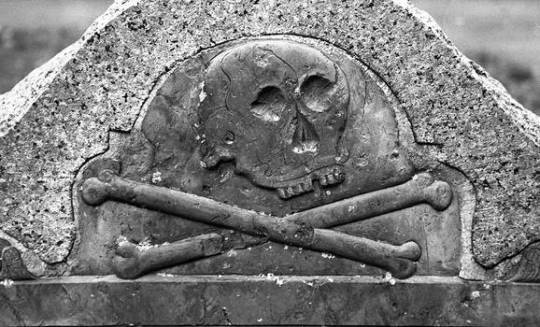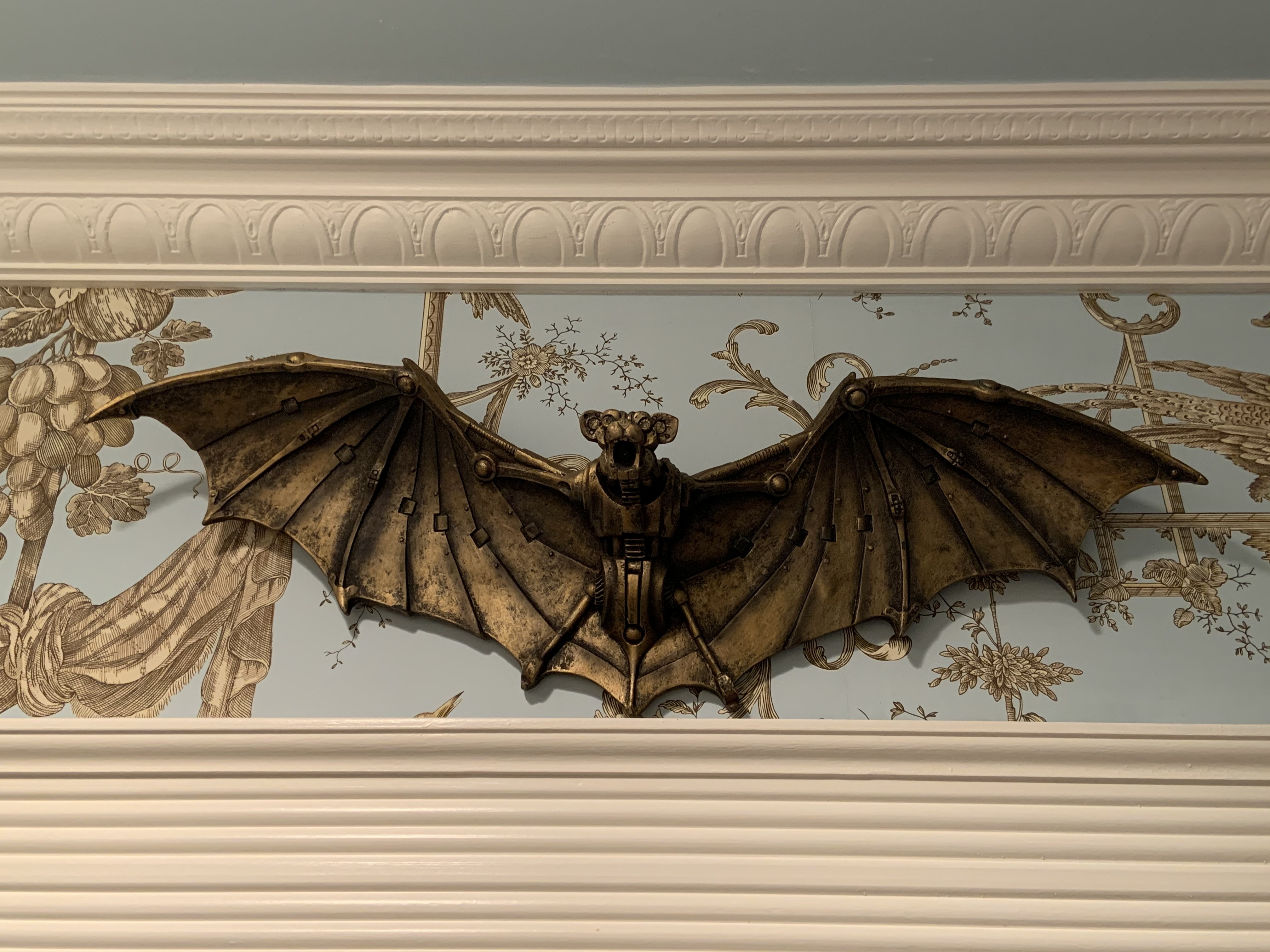Halloween 2020, Day 13

(Photo is “Shiver My Bones002″ by bjfrenchphoto.)
Today I want to highlight two excellent reading recommendation lists from Sublime Horror that are perfect for this spooky season, both written by a scholar whose work I follow with great enthusiasm, literary historian Melissa Edmundson.
Here they are: 1) “Ghost stories by Victorian women, a reading list chosen by Melissa Edmundson” and 2) “Supernatural novellas by Victorian women, a reading list chosen by Melissa Edmundson.”
This is an excerpt from one of the supernatural novellas mentioned in the second list, the ghost story Cecilia de Noël, by Lanoe Falconer (1910):
It was a tall figure in a long grey garment, who carried a lighted candle in his hand. For a moment, startled and stupefied as I was, I failed to recognise the livid face.
“Canon Vernade! You are ill?”
Too ill to speak, it would seem, for without a word he staggered forward and sank into a chair, letting the candle almost drop from his hand on to the table beside him; but when I put out my hand to ring the bell, he stayed me by a gesture. I looked at him, deadly pale, with blue shadows about the mouth and eyes, his head thrown helplessly back, and then I remembered some brandy I had in my dressing-bag. He took the glass from me and raised it to his lips with a trembling hand. I stood watching him, debating within myself whether I should disobey him by calling for help or not; but presently, to my great relief, I saw the stimulant take effect, and life come slowly surging back in colour to his cheeks, in strength to his whole prostrate frame. He straightened himself a little, and turned upon me a less distracted gaze than before.
“Mr. Lyndsay, there is something horrible in this house.”
“Have you seen it?”
He shook his head.
“I saw nothing; it is what I felt.”
He shuddered.
I looked towards the grate. The fire had long been out, but the wood was still unconsumed, and I managed, inexpertly enough, to relight it. When a long blue flame sprang up, he drew his chair near the hearth and stretched towards the blaze his still tremulous hands.
“Mr. Lyndsay,” he said, in a voice as strangely altered as his whole appearance, “may I sit here a little—till it is light? I dread to go back to that room. But don’t let me keep you up.”
I said, and in all honesty, that I had no inclination to sleep. I put on my dressing-gown, threw a rug over his knees, and took my place opposite to him on the other side of the fire; and thus we kept our strange vigil, while slowly above us broke the grim, cold dawn of early spring-time, which even the birds do not brighten with their babble.
Silently staring into the fire, he vouchsafed no further explanations, and I did not venture to ask for any; but I doubt if even such language as he could command would have been so full of horrible suggestion as that grey set face, and the terror-stricken gaze, which the growing light made every minute more distinct, more weird. What had so suddenly and so completely overthrown, not his own strength merely, but the defences of his faith? He groped amongst them still, for, from time to time, I heard him murmuring to himself familiar verses of prayer and psalm and gospel, as if he sought therewith to banish some haunting fear, to quiet some torturing suspicion. And at last, when the dull grey day had fully broken, he turned towards me, and cried in tones more heart-piercing than ever startled the great congregations in church or cathedral—
“What if it were all a delusion, and there be no Father, no Saviour?”
And the horror of that abyss into which he looked, flashing from his mind to my own, left me silent and helpless before him. Yet I longed to give him comfort; for, with the regal self-possession which had fallen from him, there had slipped from me too some undefined instinct of distrust and disapproval. All that I felt now was the sad tie of brotherhood which united us, poor human atoms, strong only in our capacity to suffer, tossed and driven, whitherward we knew not, in the purposeless play of soulless and unpitying forces.
The entire novella is available online here from Project Gutenberg.


0 Comments
Recommended Comments
There are no comments to display.
Create an account or sign in to comment
You need to be a member in order to leave a comment
Create an account
Sign up for a new account in our community. It's easy!
Register a new accountSign in
Already have an account? Sign in here.
Sign In Now